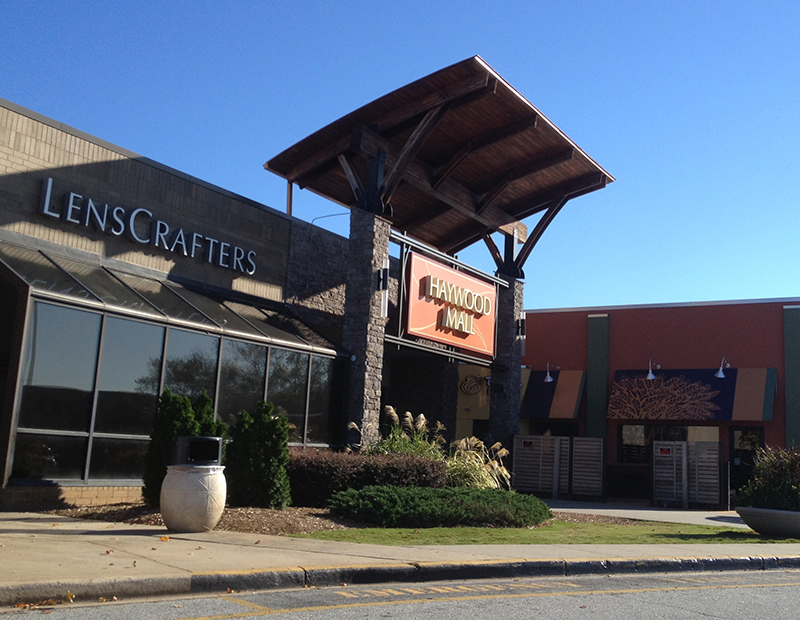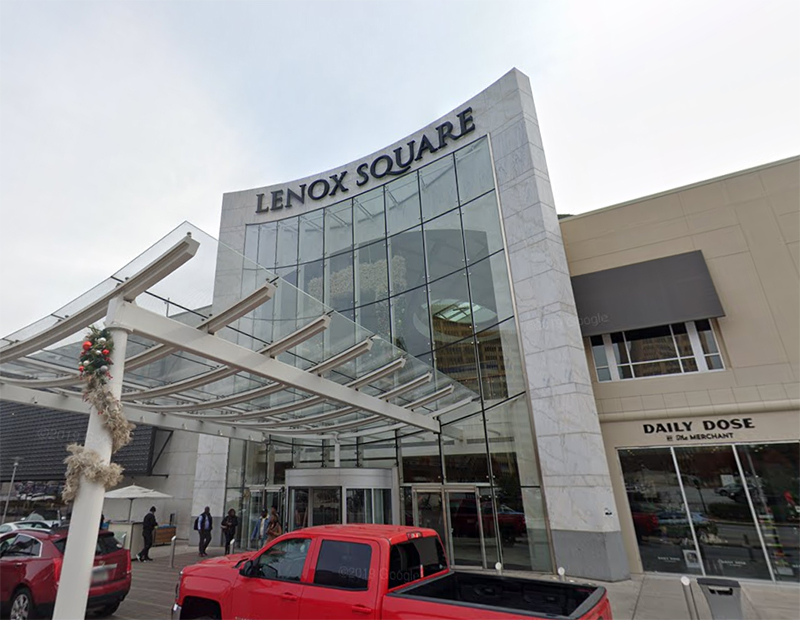Simon Property Group Gears Up to Reopen 49 Malls
The largest mall owner in the U.S. plans to put safety first as pandemic-related business closures expire.
Simon Property Group, the largest mall owner in the U.S., plans to reopen 49 shopping malls in 10 states starting on Friday, as parts of the country gear up for a gradual resumption of business, according to reports. The news comes as business closures and stay-at-home orders continue to strain the retail industry, with major tenants weighing bankruptcy or struggling to make rent payments.
The NYSE-listed REIT closed all of its retail properties in the U.S. to address the spread of COVID-19 following a March 18 announcement. Simon’s plans to reopen were first reported by CNBC, which obtained an internal memo provided to retailers that outlined how the company intends to safely welcome back shoppers to the batch of properties.
READ ALSO: Top US Managers, Owners Share Reopening Strategies
According to the memo, business hours at the malls and outlet centers will be limited to allow for overnight cleaning, while Simon will regularly sanitize high-touch areas such as escalators, door knobs, electronic directories and food court tables, and will encourage retailers to do the same in their stores.
The company will also require employees, contractors and vendors to take their temperatures before work and to stay home if they register a fever of 100.4 degrees or higher or exhibit flu-like symptoms. Simon will also offer free temperature testing using infrared thermometers, face masks and sanitizing wipe packets to shoppers upon request.
Lockdowns expiring
The malls and outlet centers to reopen Friday through Monday include Haywood Mall in Greenville, S.C., and Lenox Square in Atlanta, along with other properties in Alaska, Arkansas, Georgia, Indiana, Mississippi, Missouri, Oklahoma and Tennessee. According to the memo, the reopening plan is based on current state and/or local stay-at home orders, which are subject to change. More than half of U.S. states will have embarked on a phased reopening by the end of the week.
Simon owned or held in interest in 204 properties in the U.S., including 106 malls, 69 premium outlets, 14 Mills properties and other assets as of year-end 2019, according to S&P Global Ratings. The Indianapolis-based company is the world’s largest traditional REIT, with a market capitalization of about $53.2 billion as of April 23, 2020.
The ratings agency revised its outlook on Simon from stable to negative, reflecting their view that “the company’s business prospects could materially deteriorate over the next 12 to 18 months as the longer-term implications of the pandemic and the related near-term recession evolve,” according to an April 28 note.
“We will know more about how the closures affected Simon specifically once the REIT releases its earnings,” Chris Hudgins, real estate industry expert with S&P Global Market Intelligence noted to Commercial Property Executive. “Generally speaking, however, many of the retail tenants are running into trouble paying their rents at the moment due to the loss of revenue, and are seeking rent deferrals.”
“In addition to base rent payments Simon and other mall REITs collect each month, they generally also have clauses in their leases to collect a small percentage of sales generated from that leased brick-and-mortar location as well, Hudgins added. “So while the malls are closed, Simon would also be missing out on that revenue stream.”
Tenants struggle
The Gap, which is Simon’s largest tenant by annualized base rental revenue, announced last week that it has stopped paying rent at its temporarily closed properties beginning in April. The clothing retailer is also looking to re-negotiate its existing leases and potentially close certain stores permanently. Simon has 412 Gap stores at its malls, including Banana Republic and Old Navy locations, across 3.8 million square feet.
J.C. Penney, Simon’s second-largest anchor tenant by total leased square feet, is also considering a possible bankruptcy as a means to restructure its debt and other finances. The department store leases more than 10.2 million square feet with Simon across 63 locations. All of J.C. Penney’s stores and offices are currently closed amid the pandemic and the company has furloughed most of its hourly employees.
The retail industry is grappling with the effects of sweeping business closures and bans on nonessential trips that states and cities have imposed amid the public health crisis. Nearly 60 percent of all retail units in the U.S. are now temporarily closed, representing 4.6 billion square feet of space, according to the latest figures from research firm GlobalData Retail.
Commercial real estate services firm Green Street Advisors projects that more than 50 percent of department stores in U.S. malls will close permanently by the end of the year. Some 1,000 malls are still open in the country, roughly 60 percent of which have department store retailers as anchor tenants.
Aside from Simon, other large retail owners such as Taubman Centers and Washington Prime Group have not revealed plans to reopen temporarily shuttered properties.










You must be logged in to post a comment.